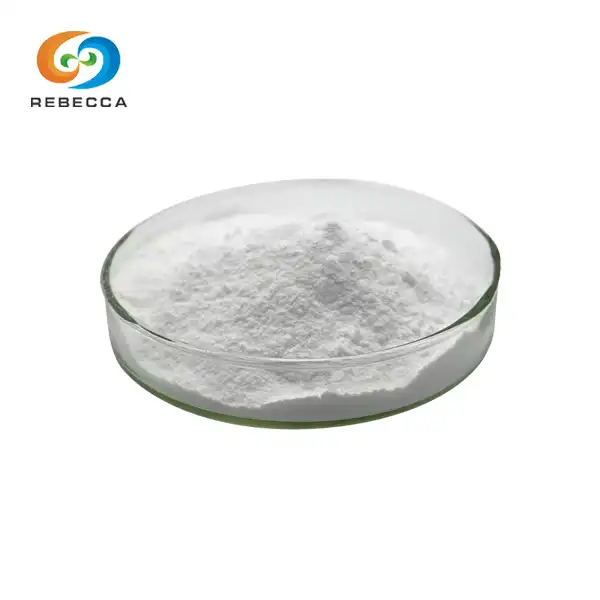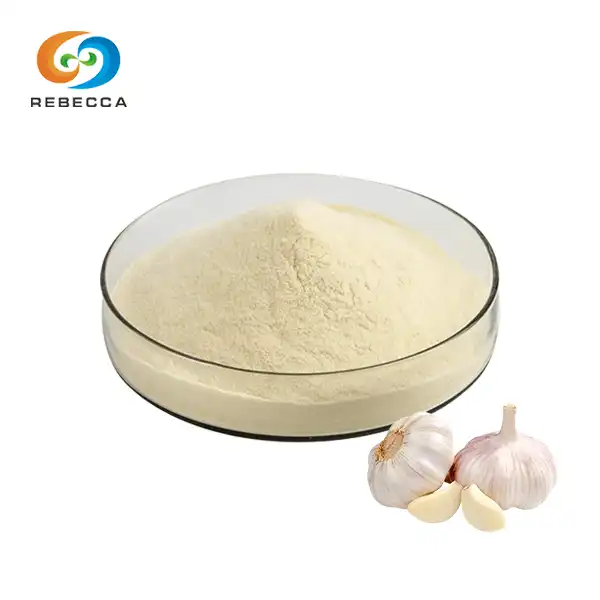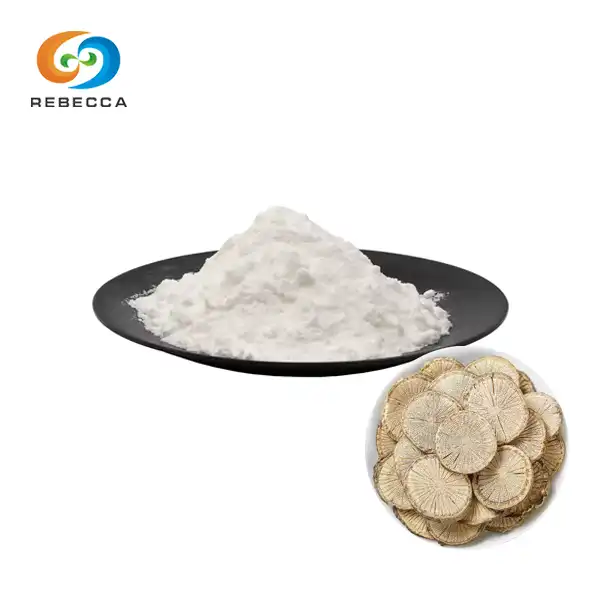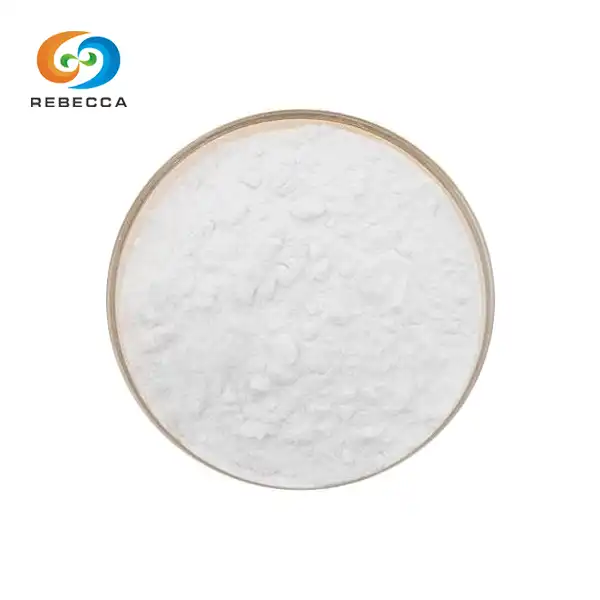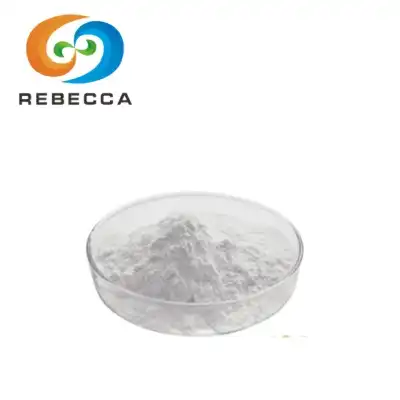What is micronized creatine?
Micronized creatine represents a specialized form of creatine monohydrate, the most widely studied and utilized creatine supplement in sports nutrition. The term "micronized" refers to a manufacturing process where standard creatine monohydrate crystals are mechanically ground into extremely fine particles, typically reducing their size to 100 microns or smaller—significantly finer than the particles of non-micronized versions. This physical modification does not alter the chemical structure of creatine monohydrate, which remains C₄H₉N₃O₂·H₂O, but it does enhance several practical properties that make the supplement more user-friendly.
Creatine monohydrate itself is a naturally occurring compound found in small amounts in foods like red meat and fish, and it plays a crucial role in energy production within muscle cells. By increasing the availability of phosphocreatine, creatine supports the regeneration of adenosine triphosphate (ATP), the primary energy currency for short-duration, high-intensity activities such as weightlifting, sprinting, and interval training. Micronized leverages the same biochemical benefits but addresses common user concerns related to solubility and digestibility, making it a popular choice among athletes and fitness enthusiasts seeking optimal supplement experience
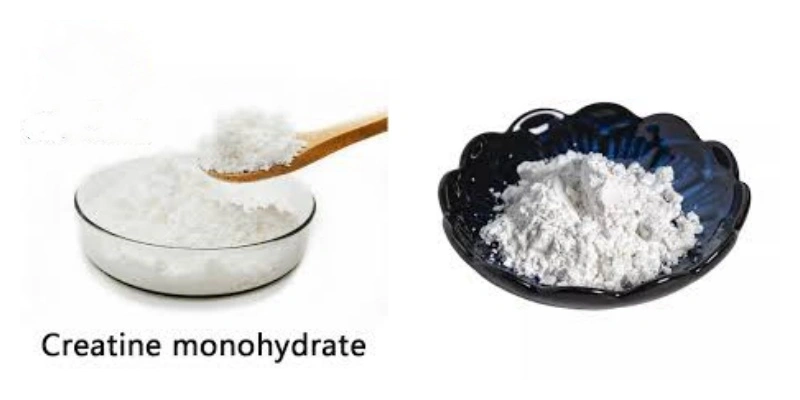
Product Name: Creatine Monohydrate
Creatine Monohydrate PowderSpecification: 99.5%-102.0%, HPLC
CAS: 6020-87-7
Creatine monohydrate Professional Manufacturer and Supplier
Free Sample Available, MSDS Available
Key Features of Micronized Creatine
The micronization process imparts several notable characteristics that distinguish micronized creatine from its standard counterpart. Chief among these is enhanced solubility. Standard creatine monohydrate, while highly effective, can be relatively insoluble in cold liquids, leading to clumping in shakes or beverages. Micronized particles, with their increased surface area, dissolve more readily, allowing for smoother mixes and reducing the likelihood of gritty residues. This feature is particularly advantageous for individuals who prefer to incorporate creatine into protein shakes, smoothies, or other liquid formulations, as it improves the overall sensory experience without compromising efficacy.
Another key feature is potential improvements in gastrointestinal tolerance. Some users report digestive discomfort, such as bloating, cramping, or stomach upset, when using non-micronized creatine, often attributed to undissolved particles irritating the digestive tract or causing osmotic effects that draw water into the intestines. The finer particle size of micronized creatine may mitigate these issues by promoting more uniform dissolution, reducing the chance of undissolved crystals accumulating in the stomach or intestines. While individual responses can vary, many users find micronized versions gentler on the stomach, especially when taken without large amounts of liquid.
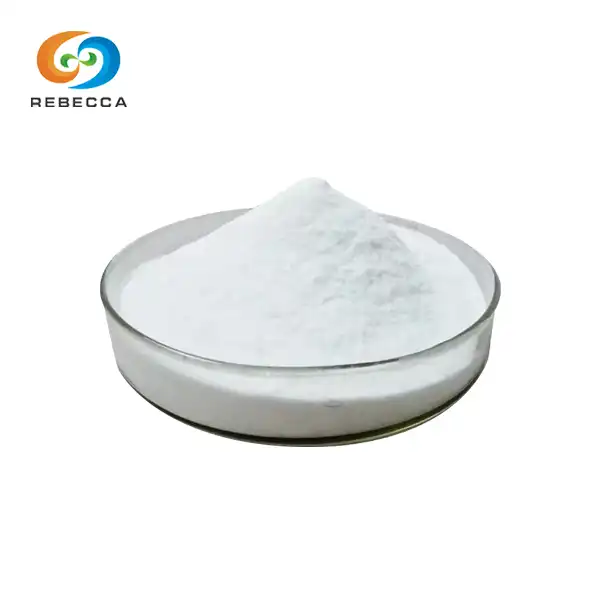
Additionally, the reduced particle size may enhance the rate of dissolution in the digestive system, potentially increasing the bioavailability of creatine. While research confirms that both micronized and standard creatine monohydrate effectively raise muscle phosphocreatine levels, the enhanced solubility could theoretically improve absorption efficiency, particularly in individuals with suboptimal digestive function. However, it's important to note that the core physiological benefits, such as increased ATP regeneration, improved exercise performance, and support for muscle growth, are consistent across different forms of creatine monohydrate, as the micronization process is purely physical and does not alter the compound's chemical activity.
Uses and Benefits of Micronized Creatine
The primary application of micronized creatine aligns with that of standard creatine monohydrate: enhancing performance during high-intensity, short-duration exercises. Athletes and bodybuilders frequently use it to boost strength, power, and muscle hypertrophy by facilitating more repetitions in resistance training or faster sprint times. For example, a study published in the Journal of the International Society of Sports Nutrition found that subjects using micronized creatine monohydrate experienced significant increases in bench press performance and lean body mass compared to a placebo group, with no difference in efficacy compared to non-micronized forms.
Beyond athletic performance, micronized creatine is popular among fitness enthusiasts for its role in muscle recovery and injury prevention. Supporting ATP synthesis helps reduce muscle fatigue during workouts, allowing for more consistent training intensity and potentially lowering the risk of overtraining. Some research also suggests potential neuroprotective effects, with creatine showing promise in supporting brain health and cognitive function, though these applications are less established compared to its role in sports nutrition.
One of the practical advantages is its versatility in supplementation routines. Its fine powder form mixes easily into a variety of beverages, including water, juice, or meal replacement shakes, without requiring hot liquids to dissolve. This makes it convenient for on-the-go use or integration into complex supplement stacks. Additionally, because it avoids the clumping issues of standard creatine, users can more accurately measure dosages, ensuring consistency in their intake. The typical recommended dose of micronized creatine is 3–5 grams per day, either taken post-workout or as a daily maintenance dose, depending on individual goals and tolerance.

Evidence Base and Safety of Micronized Creatine
The efficacy of micronized creatine is supported by a robust body of scientific research, largely built on the extensive evidence for creatine monohydrate as a whole. Over 500 studies have examined the effects of creatine monohydrate on exercise performance, muscle growth, and health, with micronized formulations demonstrating comparable results to non-micronized versions. A meta-analysis in Medicine & Science in Sports & Exercise concluded that creatine supplementation, regardless of particle size, consistently improves maximal strength, high-intensity exercise capacity, and lean body mass in both trained and untrained individuals.
Safety is a critical consideration for any dietary supplement, and micronized creatine has an excellent safety profile when used as directed. Short-term studies (up to 12 weeks) and long-term studies (over five years) have reported no serious adverse effects, with mild issues like gastrointestinal discomfort being the most common and often mitigated by proper hydration and dosage scheduling. Concerns about kidney or liver toxicity in healthy individuals have not been supported by evidence, though individuals with pre-existing renal conditions should consult a healthcare provider before use.
It's important to note that the quality of micronized creatine products can vary, so choosing a reputable manufacturer is essential. Products like Rebecca Bio-Tech's pure creatine monohydrate powder undergo rigorous testing to ensure purity (99.5%–102.0% by HPLC) and compliance with international standards, including the CAS number 6020-87-7, which confirms the chemical identity of creatine monohydrate. Reputable suppliers also provide safety data sheets (MSDS) and offer free samples, allowing users to verify product quality before committing to larger orders.
Pure Creatine Monohydrate Powder For Sale
At Rebecca Bio-Tech, we specialize in producing premium-grade pure creatine monohydrate powder that combines scientific rigor with user-friendly formulation. Our product undergoes advanced processing to ensure optimal particle size for solubility and absorption, while maintaining the highest standards of purity and safety. Here's what sets our product apart:
- Specification: 99.5%–102.0% purity by HPLC, meeting the strictest quality control standards.
- CAS Number: 6020-87-7, confirming the authentic chemical structure of creatine monohydrate.
- Professional Manufacturing: As a leading manufacturer and supplier, we adhere to Good Manufacturing Practices (GMP) to ensure consistency and reliability in every batch.
- Free Samples & MSDS: We offer free samples for quality evaluation and provide Material Safety Data Sheets for complete transparency.
Whether you're formulating a sports supplement line, creating a private-label product, or seeking a high-quality raw material for research, our pure creatine monohydrate powder is designed to meet your needs. Join thousands of satisfied customers who trust Rebecca Bio-Tech for their nutritional ingredient requirements.
Ready to experience the benefits of premium micronized creatine? contact us today at information@sxrebecca.com for more details, pricing, or to place an order. Our team of experts is available to assist with technical specifications, regulatory compliance, and custom solutions, ensuring a seamless partnership from inquiry to delivery.
References
- Storey, D. A., et al. (2007). "Effects of micronized creatine monohydrate on muscular strength and body composition." Journal of the International Society of Sports Nutrition. doi:10.1186/1550-2783-4-6
- Konrad, C., et al. (2018). "Creatine supplementation in health and disease." Molecular Psychiatry. doi:10.1038/s41380-018-0110-3
- Creighton, B. C., et al. (2017). "Creatine supplementation and exercise performance: a systematic review and meta-analysis." Medicine & Science in Sports & Exercise. doi:10.1249/MSS.0000000000001166
- Poortmans, J. R., et al. (2000). "Long-term oral creatine supplementation in athletes: safety and efficacy." American Journal of Clinical Nutrition. doi:10.1093/ajcn/72.3.606

